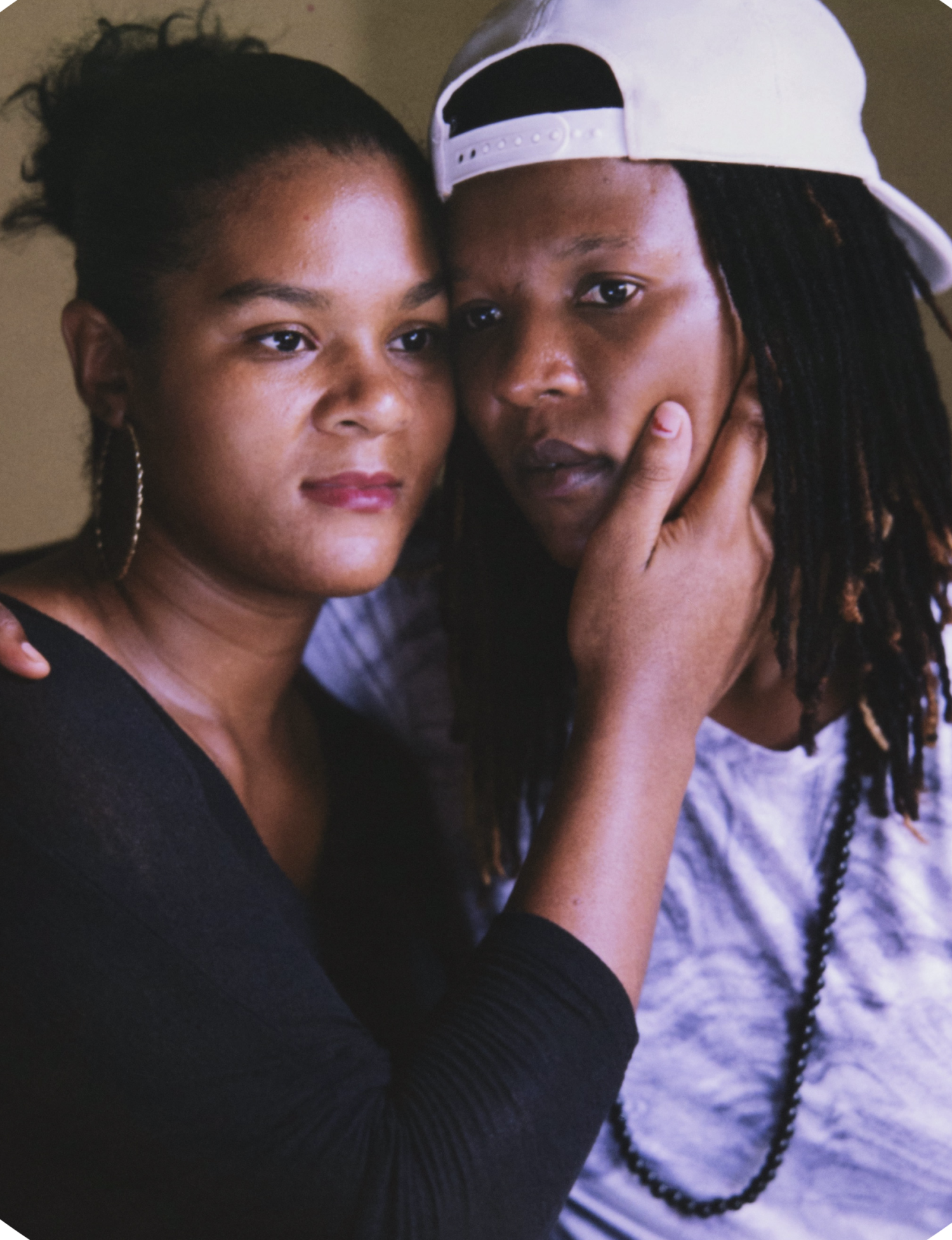
2023 in Focus: Discriminatory Torture
By Renata Politi, Legal Officer @PolitiRenata
In many countries, discriminatory laws and deeply rooted attitudes often expose LGBTIQ+ persons to violence, which can amount to torture and other ill-treatment.
International law is clear that when violence is used against a person for a discriminatory purpose it can amount to torture, if the violence is severe, intentional, and committed with the involvement of a State official.
Torture against LGBTIQ+ persons can take many forms, including physical and sexual abuse, forced medical examinations, conversion therapy practices, ‘corrective’ rapes and other forms of harassment.
Under the UN Convention against Torture, States must investigate allegations of torture and other ill-treatment. However, torture against LGBTIQ+ persons often goes unpunished. National authorities frequently fail to recognise discriminatory motives, treating such cases as ordinary cases of violence or assault.
Knowing if the torture was motivated by discrimination is crucial for LGBTIQ+ victims to access justice, obtain reparations, and address the root causes of such discriminatory violence.
REDRESS works across different regions, including in Africa, to bring attention to the torture of LGBTIQ+ people and identify policy and law changes needed to increase access to justice, focusing on the need to investigate the discriminatory purpose behind the violence against LGBTIQ+ people.
As part of this work, in May 2022 we launched the report “Unequal Justice”, which sheds light on the violence and torture suffered by LGBTIQ+ people in eleven countries in Africa and the challenges that victims face to secure accountability for these crimes. More recently we have published a briefing paper with partners and the support of Allen & Overy, that sets out the relevant international standards concerning the duty to investigate discriminatory torture against LGBTIQ+ persons.
During the year, we also worked with our partners Promsex and CNDDHH on the implementation of the landmark judgement from the Inter-American Court of Human Rights in the case of Azul Rojas Marín, a transgender woman who was raped by Peruvian police. In November 2022, the State of Peru finally realised one of the substantive reparations ordered by the Court, formally apologising to her during a public ceremony.
In addition, we have strengthened the capacity of activists, practitioners, and lawyers through facilitating workshops on holistic strategic litigation against LGBTIQ+ torture, and together with partners, we have raised awareness of LGBTIQ+ violence as torture through submissions to UN bodies, policy briefings and advocacy.
Photo: Panos Pictures
